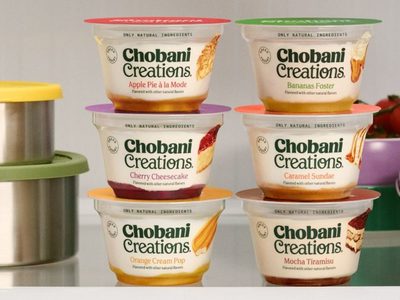AUSTIN, MINN. — The Hormel Foods Corp.’s $850 million acquisition of Columbus Manufacturing, Inc., Hayward, Calif., will add a new dimension to the company’s current business units that serve retail delis throughout the United States, according to management.
 |
| James Snee, president and c.e.o. of Hormel Foods |
“It not only grows our presence in the total deli but also gives us a leading brand in the premium deli segment,” said James P. Snee, president and chief executive officer of Hormel Foods, during an Oct. 31 conference call with financial analysts. “As you may know, the premium segment of the deli has been growing faster than the entire deli category.”
Mr. Snee broke down Columbus’ production as 55% traditional deli, 40% artisanal, craft salami and 5% other. He added that the acquisition will unite the company’s deli segments.
“We have historically focused on growing our deli business on a brand-by-brand basis,” Mr. Snee said. “For example, in Refrigerated Foods, our deli sales and marketing organization goes to market with products such as Hormel bulk deli meats, DiLusso deli meats and cheeses and Hormel Gatherings and Party Trays. This group also leverages our deep food service expertise and capability with brands such as Austin Blues, Fire Braised meats and Café H to deliver growth for retailers in the newest evolution of the grocery store in-store restaurants. Separately, Jennie-O Turkey Store goes to market with a line of Turkey products with their own sales and marketing division, while Dan’s Prize approaches the deli with a broad line of beef products.
“The acquisition of Columbus allows us to change the narrative in a meaningful way. My vision is for this acquisition to be the catalyst for building a stronger, more united deli organization with meaningful scale.”
Included in the acquisition will be two manufacturing plants in California. The plants have enough capacity to support the growth of the business for many years, said James N. Sheehan, chief financial officer. He added that the acquisition will feature several cost synergies.
 |
| James Sheehan, c.f.o. of Hormel Foods |
“The synergies will come from a number of areas, including sales, marketing, manufacturing, logistics, procurement and administration,” Mr. Sheehan said. “In fiscal 2018, accretion is expected to be 2c to 3c after factoring in deal cost, interest expense and the cost required to achieve the stated synergies. We estimate accretion in 2019 to be approximately 6c to 8c per share. Including synergies and excluding onetime cost, we expect the multiple on projected 2018 EBITDA to be between 13x to 15x.”
Once the transaction is completed, Hormel’s deli business will make up approximately 10% of company sales.
”And we do expect with this acquisition that we’ll be able to capitalize on, not only with the existing growth in the Columbus deal but what we will experience through this being a catalyst for uniting our deli businesses, we expect it to be on track with our total company growth goals of 5% top-line growth,” Mr. Snee said. “It’s one of the reasons, obviously, that it’s so attractive to us.”




